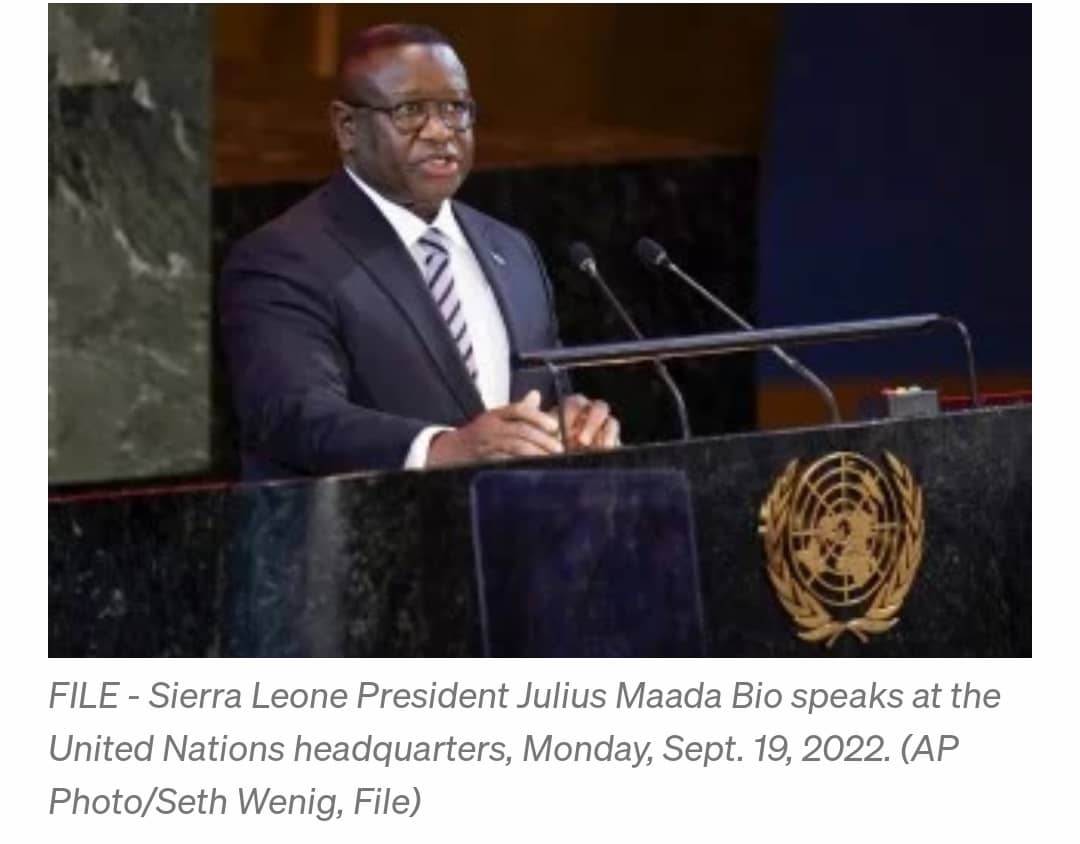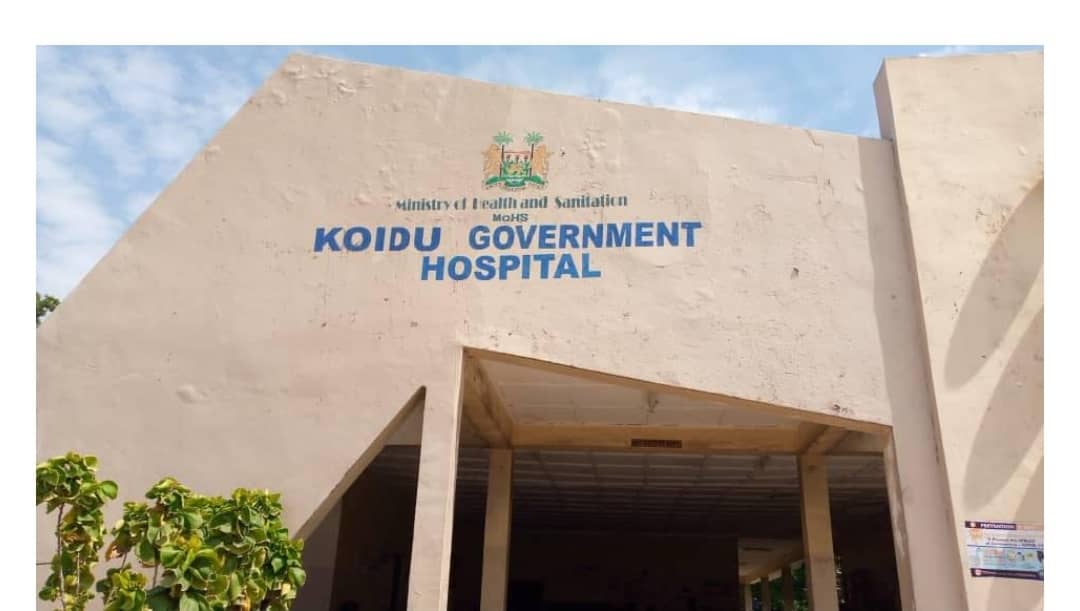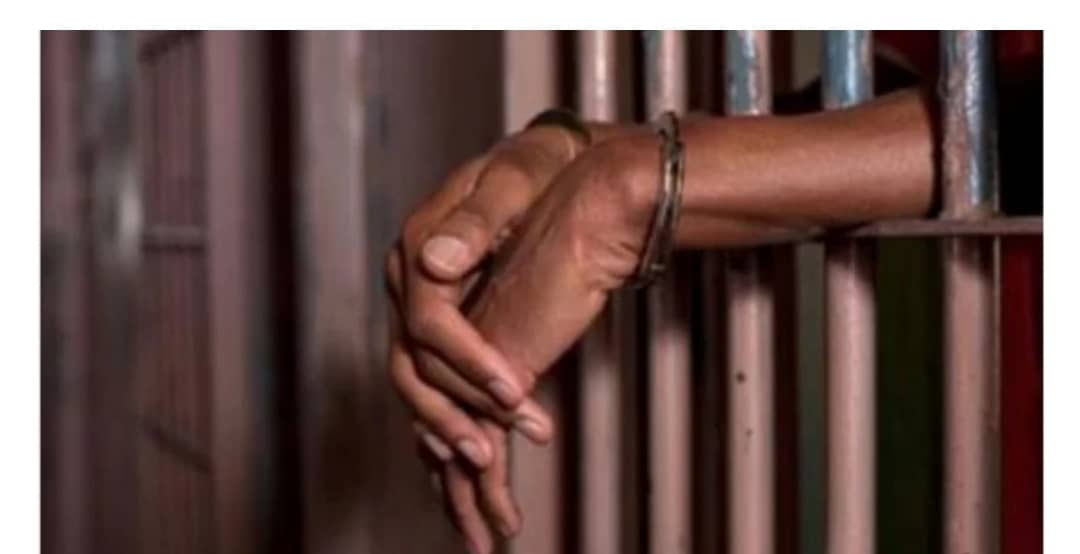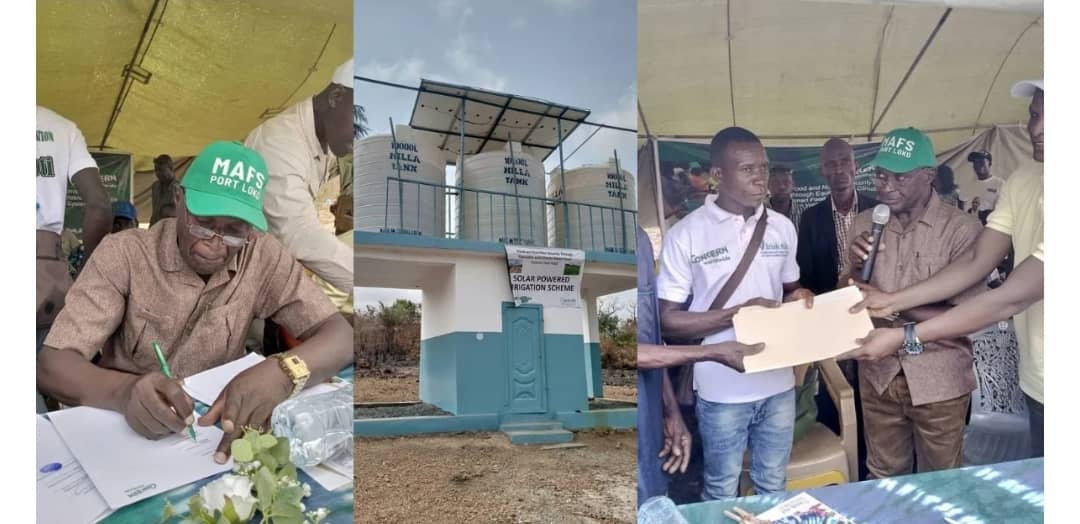United Nations Headquarters, August 12, 2024 – In a powerful address to the United Nations Security Council, President Julius Maada Bio of Sierra Leone has called for an urgent reform of the UN Security Council to rectify what he described as a “profound historical injustice” against Africa.
Chairing a meeting that his country convened, President Julius Maada Bio pressed a longstanding bid for African countries to get more council seats , including two permanent and potentially veto-wielding spots.
However, speaking during the Council’s debate on the maintenance of international peace and security, President Bio underscored the pressing need for Africa’s enhanced representation in this critical global body.The UN Security Council, nearly 80 years after its creation, remains stuck in time,” President Bio asserted. “
Its imbalanced composition is at odds with current realities and is unjust, undermining its legitimacy and effectiveness. Africa remains the unquestionable victim.”
President Bio highlighted the historical roots of Africa’s marginalization, tracing it back to the era of colonialism, economic exploitation, and political exclusion. Emphasizing Africa’s significant contributions to global peace and security, Bio argued that the continent’s under-representation in the Security Council is not just a statistical anomaly but a severe historical injustice.
Despite being home to over 1.3 billion people, Africa remains grossly underrepresented in this vital organ of the UN. This under-representation must be addressed as a matter of justice he noted that Africa demands two permanent seats in the UN Security Council and two additional non-permanent seats.
The African Union will choose the African Permanent Members,” he declared.Bio further articulated Africa’s position on the veto power, stating that Africa wants the veto abolished. However, if UN Member States wishes to retain the veto, it must be extended to all new Permanent Members as a matter of justice.





